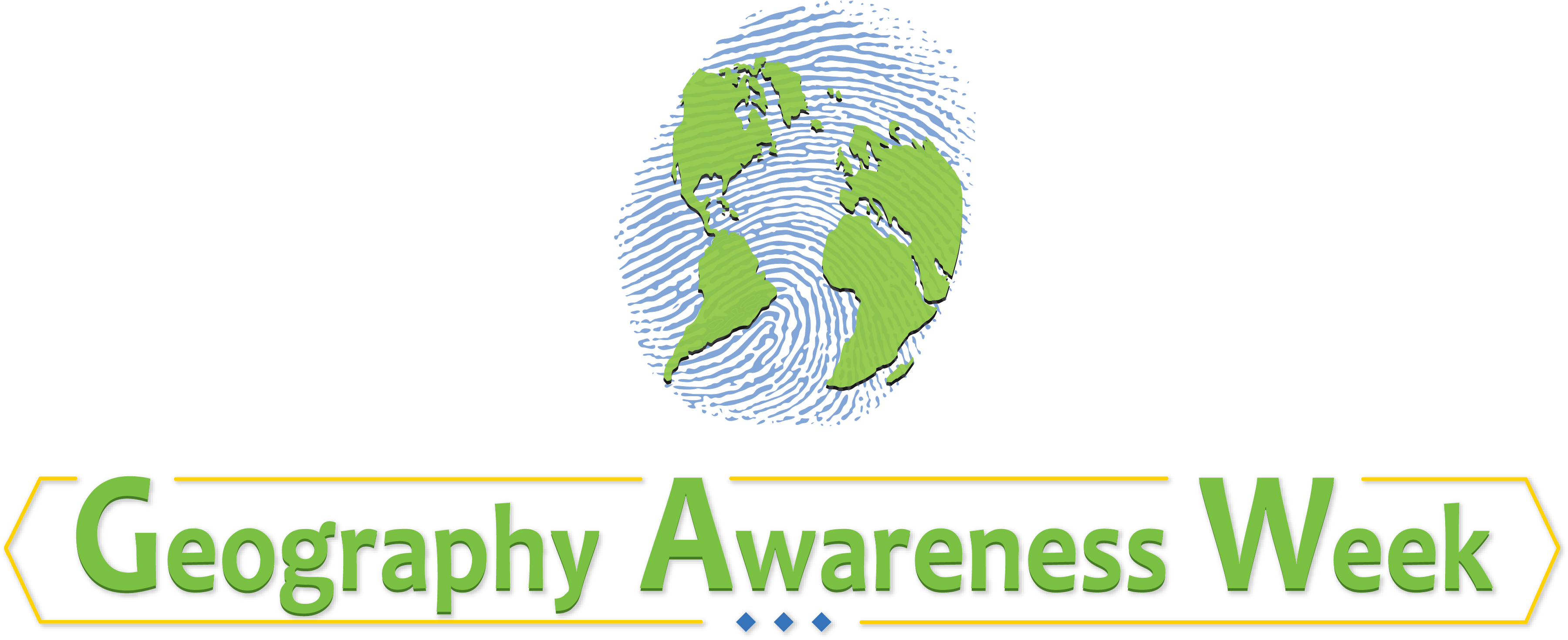IMAGE OF THE WEEK
It is Geography Awareness Week (GeoWeek). Founded by presidential proclamation more than 25 years ago, GeoWeek is an annual awareness program organized by National Geographic that encourages everyone to think and learn about the role geography plays in our lives. GeoWeek is an opportunity to learn about and appreciate geography, while drawing attention to the need for policies to improve American students’ access to geography. The following are the activities happening for this week’s celebration of Geography Awareness Week. The theme is the “Future of Food.”
GOOD NEWS
The Local Foods Study for Carolyn Fish’s Human Dimensions of Natural Resources and the Environment course was a success with had more than 70 participants from the State College community who came and shared their views of local foods. Several geography graduate students were helpful in setting up and taking notes during the event. The Gould Center also provided funds for this outreach event with the goal of better understanding State College residents perceptions of local foods and specifically the spatial extent of where their local foods come from.
Sterling Quinn passed his dissertation proposal defense, and last Saturday he gave a talk titled “The State of OpenStreetMap in South America” at the State of the Map conference in Buenos Aires.
Jenna Christian was awarded a $2,000 research grant from the Africana Research Center at Penn State for her ongoing dissertation research on “Militarized Youth: Citizenship, Soldiering, Incarceration, and Young People’s Futures” in Houston, Texas.
Benjamin DeAngelo (B.A. ’92) was recently on the U.S. delegation that took part in the government approval of the IPCC Synthesis Report of the 5th Assessment.
Nathan Piekielek (B.S. ’00) was hired as the University Libraries Geospatial Services librarian.
NEWS
The USGS Century-of-Trends project seeks to quantify century to multi-decadal trends in the concentrations and loads of nutrients and carbon in US rivers. Proper analysis of long-term trends required developing a basic understanding of the major periods of water quality development in the U.S. The first half of this presentation focuses on broadly describing the evolution of water quality in the US since the late 19th century. The second half presents trend analysis for nitrate and alkalinity in U.S. rivers using data from the USGS, state agencies, municipalities, and other entities. The utility of using major ion ratios to discern watershed acidification processes will also be presented and discussed. A late addition to the fall line-up, this coffee hour will not be webcast and there will be no student-organized reception beforehand.
- 4:00 to 5:00 p.m.
- The lecture begins in 112 Walker Building at 4:00 p.m.
Coming up:
November 28: No Coffee Hour—Thanksgiving break
December 5: Gabeba Baderoon “Slavery, Islam, and the Making of a South African Landscape”
Call for proposals now open for 2015 TLT Symposium
Faculty and staff are invited to learn and share effective uses of technology to enhance teaching and learning at the free 2015 TLT Symposium. The Symposium will take place on Saturday, March 21, 2015 at the Penn Stater Conference Center Hotel, University Park. There is no registration fee and a continental breakfast and lunch will be provided. The TLT Symposium is an excellent opportunity for you to share with the Penn State community the innovations in educational technology that have been explored over the past year. Faculty and staff can submit proposals to present on these innovations using the online form at http://symposium.tlt.psu.edu/proposals/. We are especially interested in sessions that illustrate how faculty and students are embracing new ideas and approaches to create innovation in teaching and learning. These sessions can be individual presentations, group presentations, panel discussions, or hands-on workshops. Each session should include some discussion of practical aspects such as the tools used, sources of support, best practices, and how the application of technology can be transferred to other disciplines. The deadline to submit proposals is November 24, 2014, and notification of acceptance will be made no later than mid-January 2015. Those submitting proposals may also register for the event at http://tltsym15.eventbrite.com or by selecting the “Register” button at http://symposium.tlt.psu.edu/.
For questions on the proposal submission form and registration, please email tltsymposium@psu.edu. For more details on the Symposium, including information on keynote speakers who will be announced soon, please visit http://symposium.tlt.psu.edu/. The Symposium is sponsored by Information Technology Services and the Center for Online Innovation in Learning (COIL).
Tracking Frackers From the Sky
Ever since the natural gas boom took off in Pennsylvania in 2006, some people living near the drilling rigs have complained of headaches, gastrointestinal ailments, skin problems and asthma. They suspect that exposure to the chemicals used in the drilling practice called hydraulic fracturing, or fracking, triggers the symptoms. But there’s a hitch: the exact locations of many active fracking sites remain a closely guarded secret.



